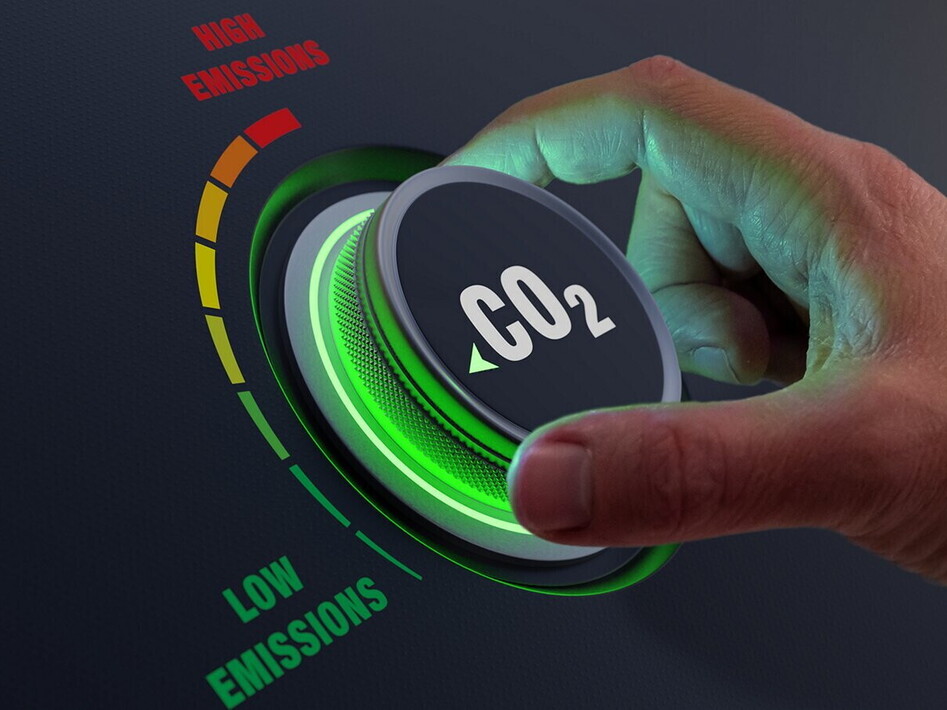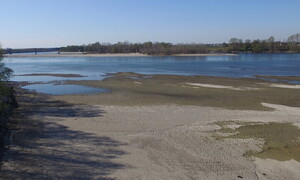What IPCC says
20 July 2023

The Intergovernmental Panel on Climate Change (IPCC) was founded by the United Nations in 1988 for the purpose of analysing global warming. IPCC studies the climate crisis in depth and then periodically publishes a thorough and weighty report containing the state of our Planet's climate. IPCC basically proposes three ways to reduce the amount of CO2 in the atmosphere.
First, transition from fossil fuels to renewable energy sources must be accelerated.
Second, small everyday actions put into practice by everyone become important. For example, fewer cars, more bicycles and energy savings.
Third, CO2 must be absorbed from the atmosphere by conserving forests and oceans. It is known that the most efficient means available to us to capture CO2 are trees, which absorb carbon dioxide through photosynthesis. For example: in the European Union there are 182 million hectares of forests, which correspond to 43% of the surface area. Seventy per cent of forest areas are located in Italy, Finland, France, Germany, Poland, Spain and Sweden, and together they absorb the equivalent of 7 per cent of the total greenhouse gas emissions by the European Union each year.


